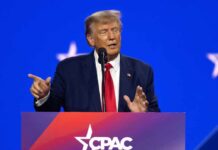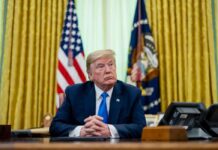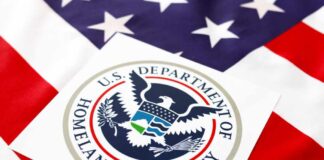
One of the most popular Disney programs is being censored to meet Chinese demands. An episode of the Simpsons with criticism of Chinese child labor is no longer available to some Disney+ customers in Hong Kong.
Beijing successfully pressured the media giant into removing the episode from distribution in Hong Kong. The Simpsons episode, entitled “One Angry Lisa,” was released in October, yet is not visible within China. Disney+ removed the offending show because it references forced labor camps in which children make smartphones.
China has been able to successfully pressure Disney in the past. Two years ago, another episode that poked fun at the communist country was removed from Disney’s streaming platform.
The decision by Disney was roundly criticized by conservatives as bowing to pressure from an authoritarian regime.
Hypocrisy at its finest. So loud in Florida but so cowardly and spineless in Beijing.
You are either with Communist China or stand for human rights. Seems like Disney has made its position perfectly clear.https://t.co/SGIG1BPMFf
— Rick Scott (@SenRickScott) February 7, 2023
This pressure is growing from other directions, as well. A coalition of both parties, but led by Republicans, is seeking answers to the extent of Chinese influence among large companies.
The House select committee on American competition with China is already lining up a number of executives to testify before Congress. The effort, led by Rep. Mike Gallagher (R-WI) wants to bring Disney’s CEO Bob Iger, and NBA Commissioner Adam Silver to testify.
Gallagher referenced recent concessions by the NBA to the communist regime, stating, “it gives us a preview of what’s going to happen to the rest of our domestic industries if we allow the Chinese Communist Party to control the commanding heights of technology and the economy.”
NBA team owners currently have more than $10 billion invested in China. There is a clear risk that these relationships, which include a $5 billion valuation of NBA China as well as $375 million invested by Miami Heat owner Micky Arison. The notable exception to the rule was Daryl Morey, who owned the Rockets. Morey tweeted in 2019 in favor of Hong Kong anti-communist protesters.
The Simpsons episode is a smaller part of a much bigger issue surrounding China and its ties to America’s largest companies.












